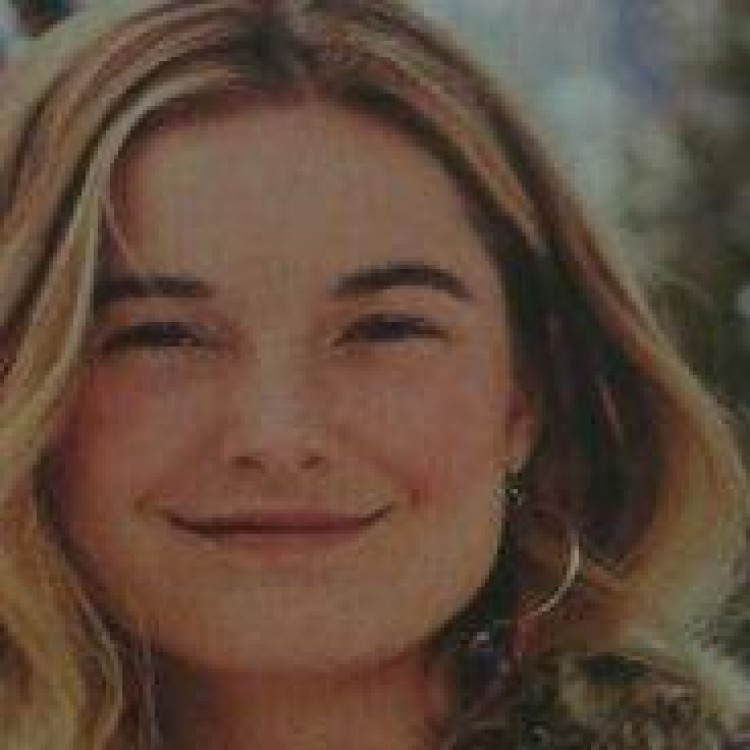Freud frequently tarried overlong on theories of hysteria and other so-called female neuroses. The first critic to respond to these theories was Karen Horney who challenged his bias against women, stressing the social rather than the biological factors in feminine psychology. She also argued that neurosis is not inevitable, but arises from childhood situations that are preventable. She met with much opposition for her sensitivity toward the plight of the patient, and her peers were appalled at her cheek in daring to criticize the “Big Daddy” of psychoanalysis.
But she was no stranger to making her own way. Born in Germany in 1885, Karen Danielson surprised her blustery and abusive Norse sea-captain father by insisting on not only seeking higher education, but studying medicine whether he liked it or not. At university, Karen met a law student, Oscar Horney, and they married in 1909. While earning her medical degree from the rigorous University of Berlin—her thesis was on traumatic psychoses—she had three daughters in four years.
Undergoing psychoanalytic training from 1914 to 1918, she first opened a private practice while a faculty member at the Berlin Institute, where she applied a special affinity for trauma victims while working with shell-shocked veterans of World War I. Beginning around this time, Karen sought to overturn Freud’s theory of penis envy, a tired theory at best, reasoning that it is not the penis women envy but the privilege modern society accords men in contrast to the suppression of women. Horney posited an alternate theory: the castration complex in young girls brought on by their inability to follow their father’s path, when doors open for men are slammed shut for women. Her theory was fairly well received and established her as a force to be reckoned with.
Karen’s independent streak didn’t end with her neo-Freudian theorizing; she divorced her husband in 1926 and emigrating to Chicago, cofounding the Chicago Institute for Psychoanalysis. The New York Psychoanalytic Institute was next on her plate where she taught, did clinical research, and began a career as an author, publishing The Neurotic Personality of Our Time to high praise and Our Inner Conflict, a book about denial of pain that sounds like it would do fine in the popular self-help world we live in today. Karen Horney refused to agree with the accepted psychoanalytic gospel of the day and continued to emphasize the effect of environment upon the psyche. “There is no such thing as a normal psychology that holds for all people,” she proclaimed.
Perhaps Horney’s optimism was the biggest division between her and the rest of the psychoanalytic pack. She believed people could help themselves. She had a severe parting of the ways with her peers when she suggested that patients need not live a life of pain, a Freudian notion, and that people can work out of their neuroses. She was booted out of the New York Psychoanalysis Society and Institute in 1941 upon the publication of her book, New Ways in Psychoanalysis, which laid out a series of refutations and refinements of Freud’s doctrine. Undaunted, she founded her own institute taking several other free-thinkers with her.
Karen Horney was way ahead of her time. Had she lived fifty more years, she would be safely ensconced in a comfy chair across from Oprah Winfrey, where her self-help positivity would be fully embraced. Psychoanalytic pioneer and humanist, Karen Horney shows us that even the most sacred of cows needs to be led off to pasture, especially if they’re wrong! Here’s to the shero who deep-sixed penis envy!
This bio of Karen Horney was taken from The Book of Awesome Women by Becca Anderson, which is available now through Amazon and Mango Media.


